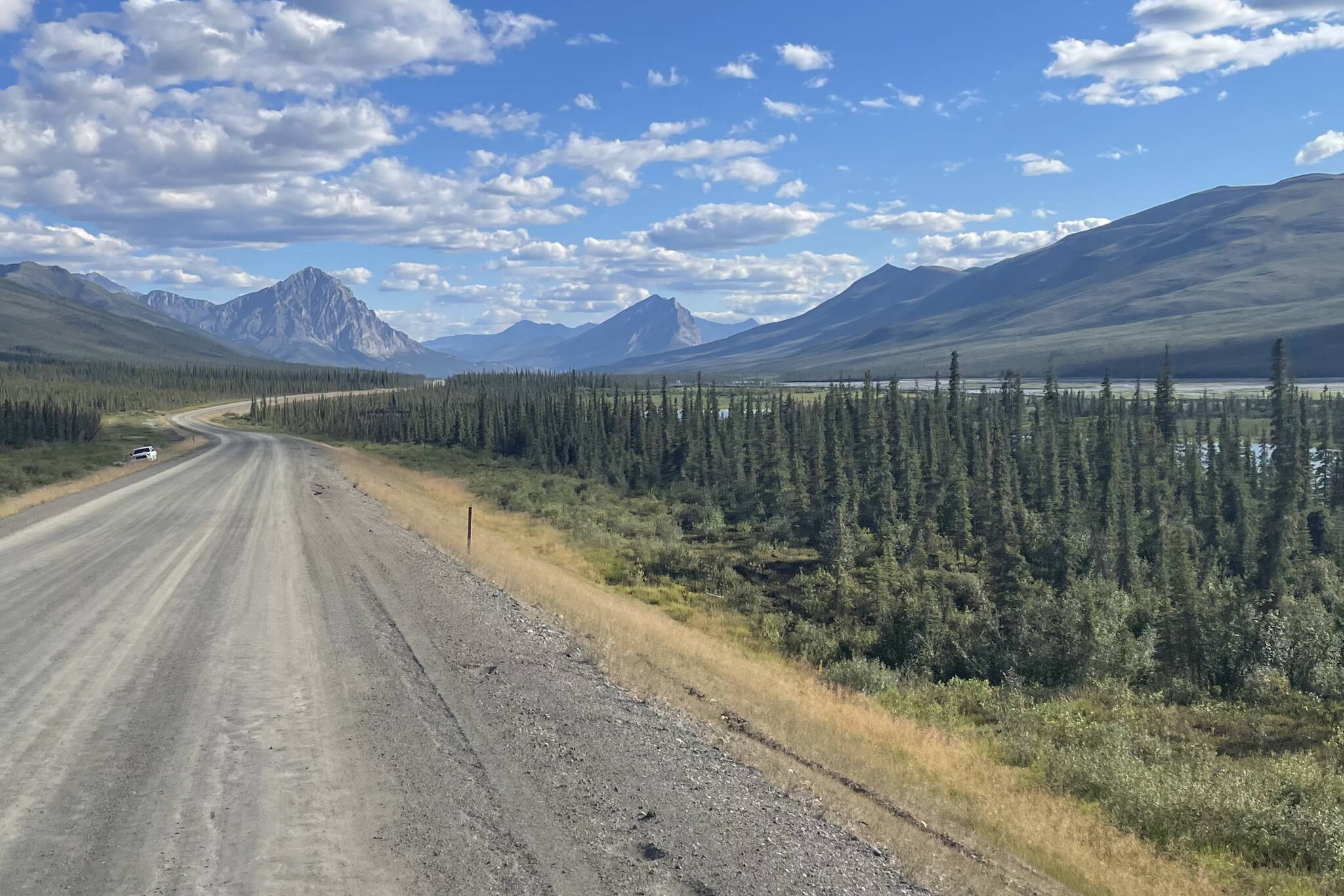The election is over. It’s time to catch our collective breath and re-enter reality.
The far right and the far left are mirrors of each other and both represent threats to democracy. But that’s not to say every Trump or Harris voter fits into the narrowly defined definition of either. It’s the civic responsibility of the middle to encourage civil discourse and engage meaningfully to address the issues going forward. Disagree, get frustrated, be incredulous about how someone could have voted that way, but don’t burn it down. Don’t claim fellow Alaskans are unAlaskan or unAmerican because social media told you so.
If I believe in freedom, that means it extends to people who don’t think how I do. The better I am at articulating my point, the more likely I am to convince someone to change his or her mind.
Many people probably voted less for the candidate and more for the side that was more in-line with a palatable future. It was a bitter, bleak choice for many, made even worse because we no longer live in a world in which everyone gets their evening news from one of three or four nightly newscasts. Now an algorithm curates our own newsfeed that is individualized. We’re not seeing the same content. We’re not arriving at work on Monday talking about what we saw on the news, we’re sharing what we saw on our news.
For news organizations, this incentivizes entertainment and catastrophizing over truth to compete with manipulative influencers who treat us like lab mice who can’t help but tap the lever while they cash the checks.
This is a huge problem for Alaskans because it creates this idea that you are for Alaska or against it. That’s not true.
By voting down Ballot Measure 1 in 2018, Alaskans didn’t stand against salmon as much as voters stood for Alaskan industry and, in the eyes of many, against increased regulation that may or may not have significantly improved future salmon runs.
Political slogan research creates a narrow vision of complex issues. It perpetuates the idea that something like the Roadless Rule prevents development in the Tongass National Forest when the truth is 57 projects ranging from hydroelectric projects to mining have been permitted. There are Alaskans who are for the Roadless Rule and Alaskans who are against. Both represent legitimate Alaskan perspectives. Knowing more doesn’t betray your position.
There are Alaskans who are vehemently against Pebble Mine but might be OK with the road to Ambler as long as it is opened to the public, citing the Dalton Highway as an example of a footprint in pristine land that ends up providing the opportunity for residents to maximize the benefit of Alaskan land as stated in the constitution.
Both angles put Alaskans first; it’s just a matter of which Alaskans. The ones who want to protect the habitat for future generations of anglers and hunters pursuing future generations of fish and wildlife, or the Alaskans who will benefit from the jobs.
The trawling industry has set itself up on both sides of the issue, helping rural communities gain financially from the pillaging of the ocean resources. It’s as complicated as it is insidious.
I don’t feel bad for politicians, but I do feel for those who choose to serve Alaska as elected officials and have to combat outspoken people with propaganda-fed opinions. I respect the people who know the fewer partisan attention-seekers we have in Juneau and in Washington D.C., the better, so they enter the fray knowing what a soul-crushing experience it will likely be.
With the election over, let’s put the signs away and beat bad ideas with good ones.
• Jeff Lund is a freelance writer based in Ketchikan. His book, “A Miserable Paradise: Life in Southeast Alaska,” is available in local bookstores and at Amazon.com. “I Went to the Woods” appears twice per month in the Sports & Outdoors section of the Juneau Empire.

